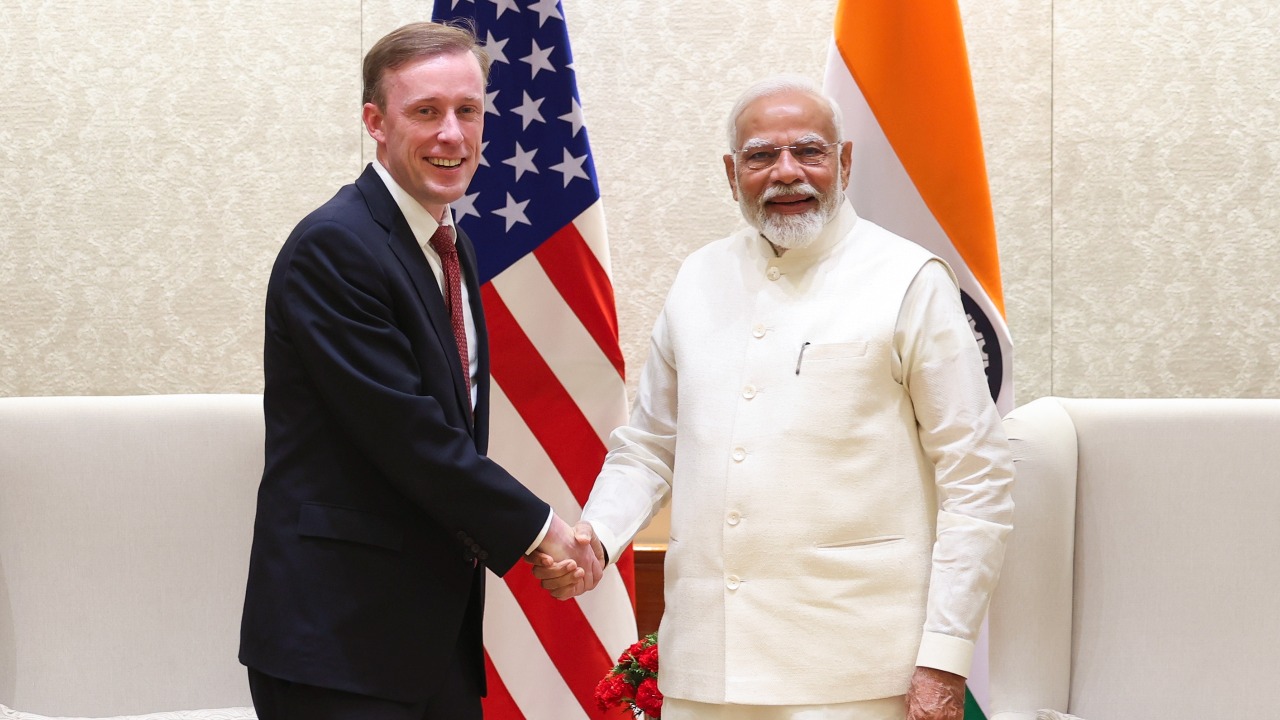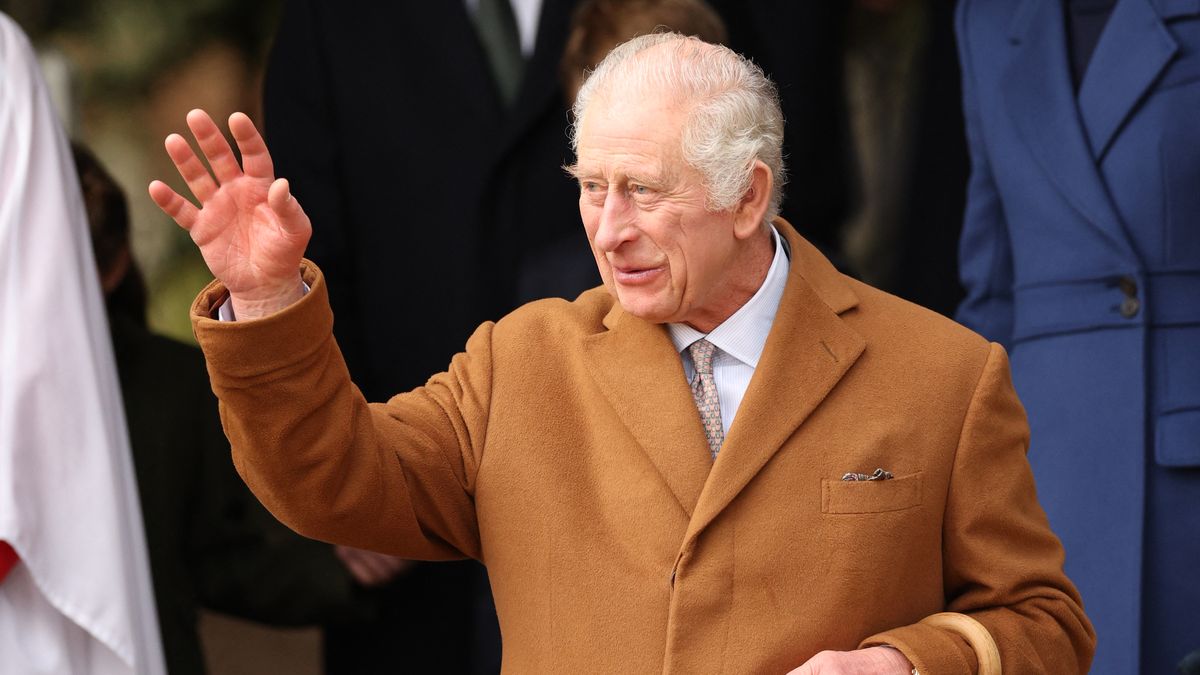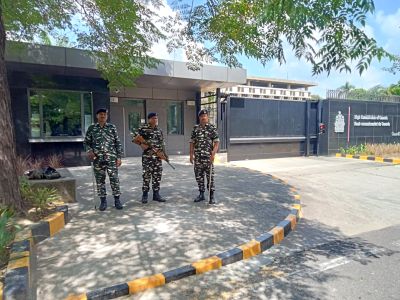Tensions Escalate at UN as US and Russia Clash Over Syrian Conflict

The United Nations Security Council recently witnessed a tense exchange between the United States and Russia, as the two powers clashed over the worsening conflict in Syria. The meeting, convened to address a sudden surge in violence in Syria’s northwest region, quickly turned into a forum for mutual accusations.
The United States criticized Russia for its continued support of the Syrian government, accusing it of backing groups that have perpetrated violence against civilians. The US delegation argued that Russia's military actions in Syria have destabilized the region and exacerbated the humanitarian crisis. In a sharp rebuttal, Russia accused the US of supporting insurgent groups that oppose President Bashar al-Assad’s government, asserting that American policies have fueled chaos and undermined Syria’s sovereignty.
The heated rhetoric reflects the long-standing divide between the two nations regarding Syria’s future. While the US has advocated for political reforms and supported opposition forces in the past, Russia has stood firmly behind the Assad regime, providing military and diplomatic backing. This polarization has stymied international efforts to achieve a lasting resolution to the conflict.
The escalation in fighting has placed a fragile ceasefire agreement in jeopardy, with reports of increased airstrikes and ground offensives in key areas. Thousands of civilians have been displaced, further straining an already dire humanitarian situation. Aid organizations have raised alarms about limited access to essential supplies, including food and medical aid, as violence continues to disrupt relief efforts.
Beyond the immediate humanitarian concerns, the Security Council meeting underscored broader geopolitical tensions. The US and Russia’s competing interests in Syria are emblematic of their larger struggle for influence in the Middle East. Despite calls from other council members for de-escalation and renewed dialogue, the exchange revealed the deep mistrust that hampers collective action.
As the conflict persists, millions of Syrians remain caught in the crossfire, enduring displacement, poverty, and violence. The Security Council's inability to find common ground highlights the challenges of addressing complex conflicts where global power dynamics intersect with local struggles. The situation in Syria remains precarious, with urgent calls for international cooperation to prevent further loss of life and alleviate the suffering of its people.
Posted By: Abhitosh
.gif)
.gif)








